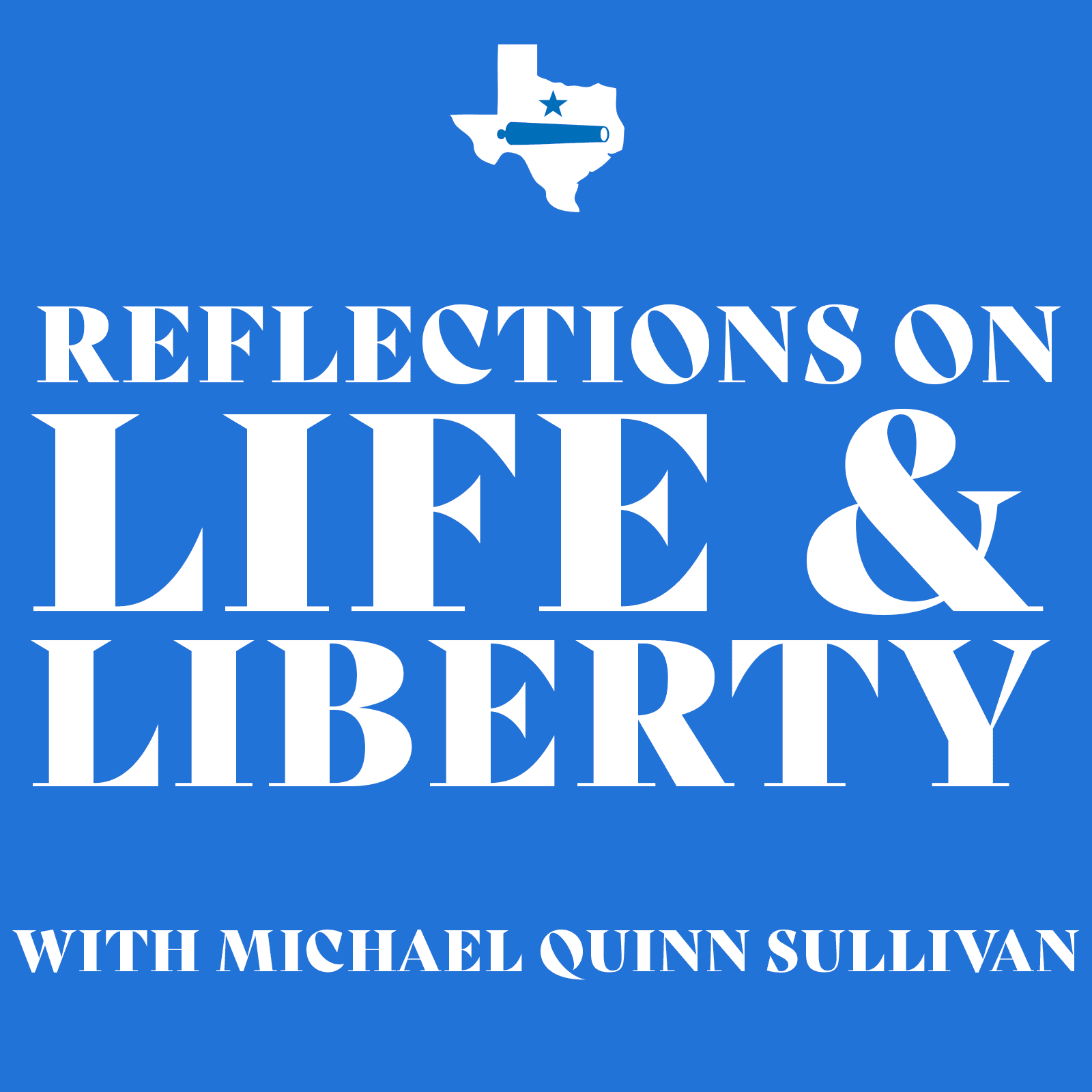A friend of mine likes to say that our strengths are often our weaknesses. The person who is a great orator sometimes doesn’t know when to shut up, as just one example. As Americans, we have developed a strong sense of rugged individualism, which has allowed our republic to thrive. Carried in the wrong direction, that go-it-alone mindset can have decidedly unhealthy spiritual consequences.
Beginning in the 20th century and carrying through today, many of us like to picture ourselves as a version of the Lone Ranger who ignores the U.S. Cavalry and leaves Tonto stranded six miles back.
The Lone Ranger, for those who might not remember the details of the old comic book and TV show, was never actually alone. All of his fictional heroics were achieved with others. Alone, he was just a guy in a silly mask.
We were not supposed to be solo actors. We were not built to take on the world alone. We were meant to live in community.
In the opening pages of Holy Scripture, we find God looking at Adam—the only creature made without a mate—and declaring, “It is not good that the man should be alone.” Hence, Eve was brought forth so that man and woman could complete each other.
The same sin nature that drives us to be separate from God also drives wedges in our relationships. Building honest relationships requires work.
We need each other. It is not good to be alone.
Throughout the pages of Scripture, God instructs people to gather in community for worship. There is no provision for a “Lone Ranger” faith, even if the desire—the sin—to do so has been around since the beginning.
The writer of the letter to the Hebrews understood this. “And let us consider how to stir up one another to love and good works, not neglecting to meet together, as is the habit of some, but encouraging one another, and all the more as you see the Day drawing near.”
As such, the third Sunday of September has been designated since 2009 as “National Back to Church Sunday.” The idea is simple: invite friends and family who have stopped attending, or never attended, a church to gather for worship.
St. Paul, writing to the Colossians, explained that gathering is critical so that we can grow and learn from each other’s experiences. To the modern ear, Sunday worship doesn’t always evoke the sense of “grow and learn” only because we’ve relegated it to a performance in which the “worshipper” is an anonymous, passive observer. Instead, the fellowship of the church is to be unlike anything on this side of eternity, deeper in commitment and higher in aspiration, impacting all aspects of life.
“Iron sharpens iron,” goes the ancient biblical proverb, “and one man sharpens another.”
We must be actively involved in the work of sharpening and being sharpened. We have an obligation to grow as surely as we do to help others.
Humanity was built for community, and the best community is found in gathering with our fellow saints in the worship of the Lord. And as we grow closer to God, we grow closer to each other.

